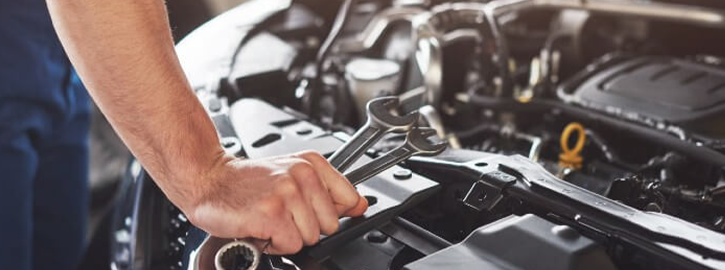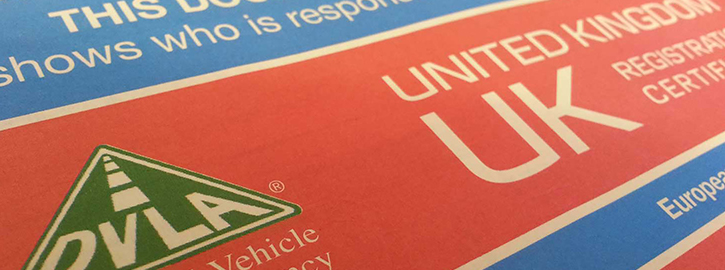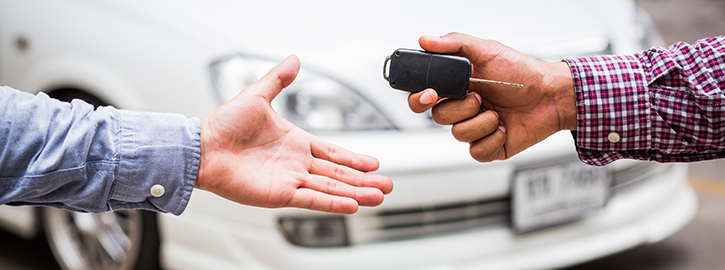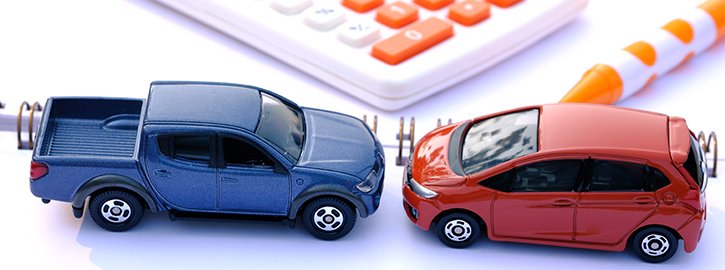How Long Does An MOT Test Take?

How Long Does An MOT Test Take?
Following on from our guide around ‘checking if your car is MOT’d?’, we’re taking a look at some further questions related to what you can expect on the day, as well as how you can go about preparing for your car’s MOT test.
The first question we’re looking to answer is how long the actual test will take. Typically, an MOT test in the UK will take between 45 and 60 minutes from start to finish.
That being said, if there are issues with your vehicle that are noted during the MOT that cause the car to fail, it will take additional time to undergo the extra work and hopefully fix the issues.
It can also take longer in busy times of the year. For example, March tends to be the peak month for people booking in their MOTs, so you may have to prepare for your car being in the garage for longer than expected, perhaps even the entire day.
You could also book the car in for a service at the same time as your MOT in a kind of ‘two in one’ job, which would also see the process take a bit longer than usual.
If your car does fail its MOT and is thus classified as unroadworthy, it is dangerous and illegal for you to drive it, and can lead to fines of up to £2500 and three penalty points on your licence.
For this reason, you must keep the car in the garage and request that any highlighted faults be fixed before you drive the car away. After the garage has fixed the relevant faults, an MOT retest will need to be taken.
Some issues will be highlighted during an MOT test that aren’t serious enough to cause an outright fail, but are instead ‘advisory notes’. These highlight smaller issues with your car that will need to be fixed at some point but are less of a priority than dangerous problems.
Got a car with no MOT? Find out how to sell a car without an MOT here. When you're ready to sell get a free car valuation by GoodBye Car within minutes.
How Do I Prepare My Car For An MOT Test?
There are a few factors that contribute to your car’s potential for passing its MOT, including the age, mileage, and overall condition. Before taking your car to the test centre, you can have a check of the following:
- Does the windscreen have any chips in it?
- Are all lights and indicators working correctly?
- Are the windscreen wipers working and the washer fluid level to an acceptable degree?
- Are the tyres inflated to an acceptable level?
- Are the tyres free of too much damage or tread (the minimum of which is 1.6mm)?
- Are the brakes working correctly?
If you can spot issues like those and fix them yourself before the MOT test date, it could save you a lot of headaches.
How Much Does An MOT Cost?
How much your MOT costs will depend on the type of vehicle that you have. The maximum amount a test centre can charge for an MOT is as follows:
- Car: £54.85
- Motorcycle: £29.65
- Motorcycle With Sidecar: £37.80
- Three-Wheeled Vehicles (up to 450kg): £37.80
- Three-Wheeled Vehicles (over 450kg): £54.85
- Motor Caravan: £54.85
In the event that your vehicle fails its MOT and will require a retest at the same garage, it’s likely that you won’t need to pay again if the repairs are done there too. In some cases, there may be a partial retest fee if the car has to be taken away from the garage and repaired somewhere else, and then is retested.
What Happens After My Car Passes Its MOT?
After the confirmation that your vehicle has passed its MOT, you will receive an MOT certificate that states your car is safe to drive for the next 12 months until the retest is due.
Make sure to keep the paper copy in a safe place so that you don’t lose it, and the passed test result will also be automatically stored on the UK’s MOT database, showing the relevant authorities that a valid certificate is present.
What Are The Most Common Reasons For A Failed MOT?
The DVLA have stated that the most commons reasons for cars in the UK to fail their MOT include:
- Faulty light bulbs: All of the bulbs will be tested, with around 18% of cars failing due to the bulbs being faulty or broken.
- Brake issues: Around 10% of cars fail due to faulty brake pads or a lack of brake fluid.
- Tyre problems: Wrong tyre pressures and damaged or worn tyre treads lead to around 7% of cars failing their MOT.
- Wipers and Windscreen troubles: Anything that affects your line of sight, such as broken windscreen wipers or a cracked windscreen can also lead to your car failing the MOT.





